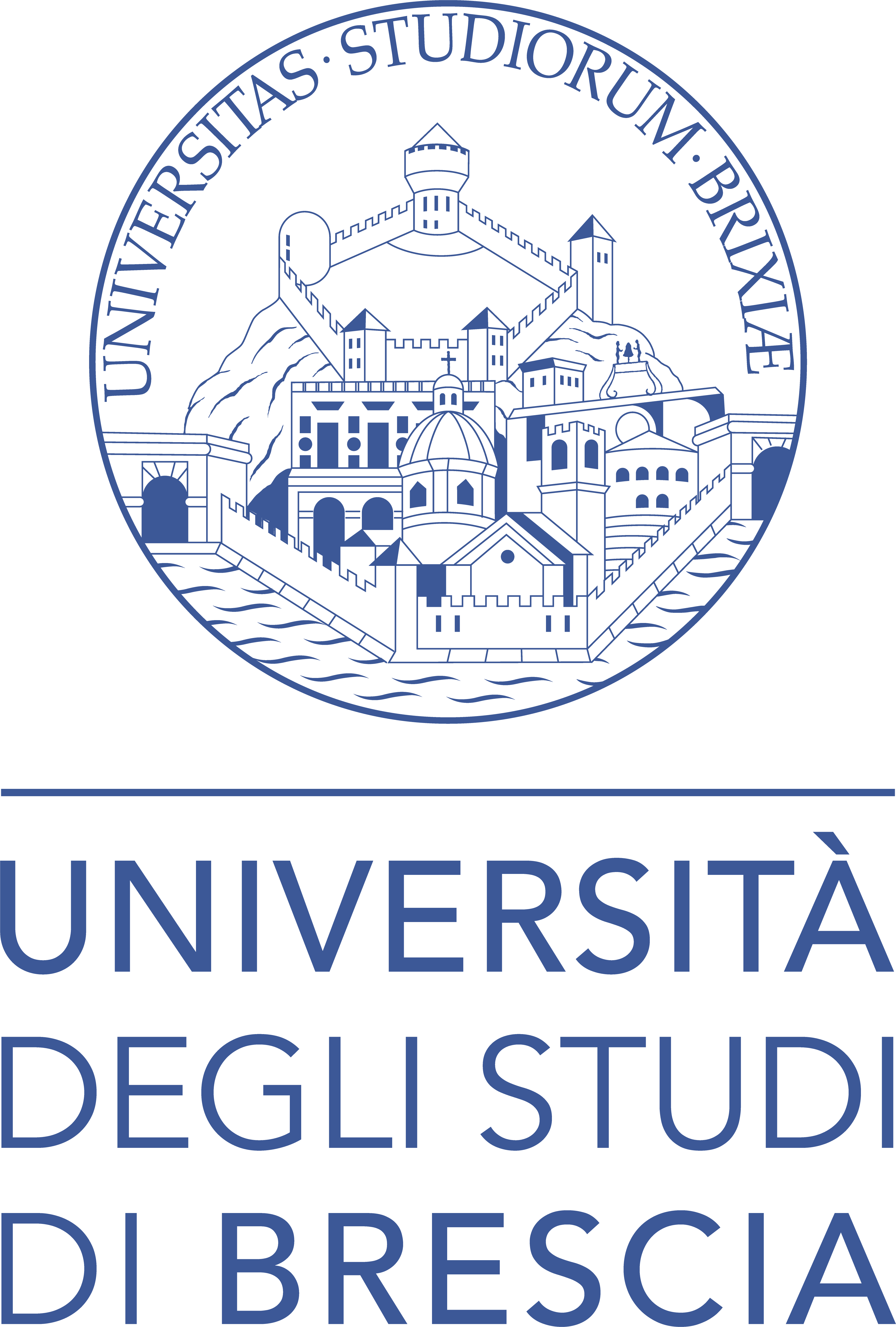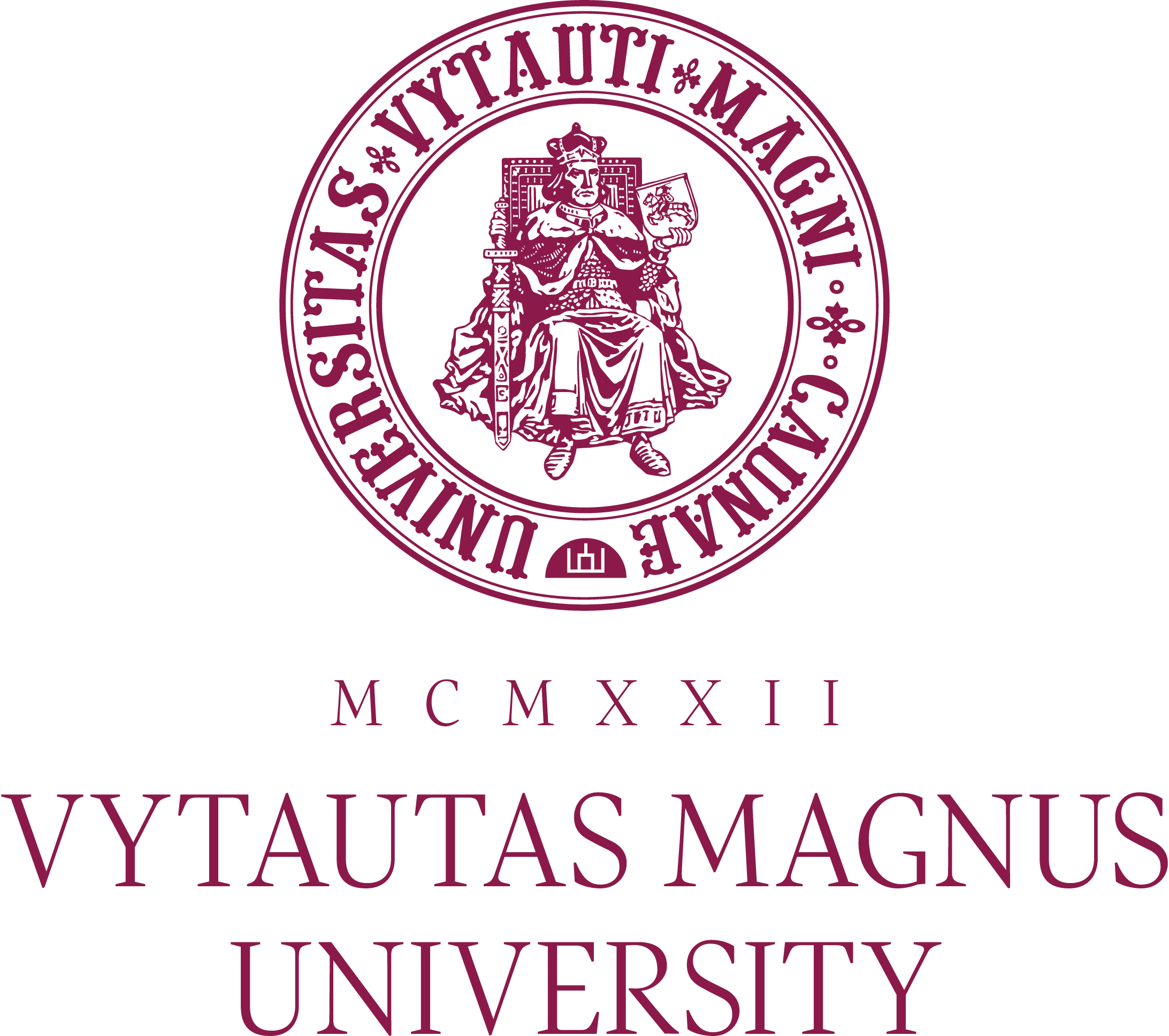About the project
The recent research data shows a concerning situation in terms of inclusion and acceptance of LGBTQI+ people in all areas of everyday life, revealing different forms of discrimination that are prevalent in different areas including universities. While understanding the important role of active bystanders in the efficient response of discriminatory incidents, as well as the importance of cooperation between higher education institutions and civil society, partners aim to address the phenomena, whilst being in line with the European Strategy for Universities (2022).
Through the project INCLUSIES, partners aim to further contribute to the efforts to build a diverse higher education sector, promoting human rights, respect for diversity, freedom of expression, equality, and equity. At the same time, the transnational cooperation and the collaboration of research participants aims to provide solutions to the societal challenges connected to discrimination based on SOGISC, by promoting and enhancing the notion of active bystandership, which will also contribute to the enhancement of active citizenship and the cohesion of the societies.
INCLUSIES thrives to promote active bystandership, active citizenship, tolerance, equality and diversity, openness and contribute to social cohesion, by sensitising and encouraging all parties to take an active role to phenomena of discrimination and intolerance in the academic and everyday life.





Objectives
INCLUSIES aims to contribute to the incorporation of the notion of diversity and inclusiveness in higher education institutions and the enhancement of active bystander ship when it comes to discriminative incidents based on SOGISC, in Italy, Greece and Lithuania. The active role and engagement of university staff and students will eventually lead to active citizens and more inclusive societies, free of discrimination based on SOGISC.
- To explore
- The everyday life of LGBTQI+ students in academic environments, the gaps and needs of their inclusion, ways to promote active bystandership, as well as the ways universities, and eventually societies, can become more inclusive.
- To sensitise
- University staff and students on ways to integrate inclusive practices in their professional, learning, and everyday life and become active bystanders, and prepare them to become trainers.
- To encourage
- University staff and students to become active bystanders and take an active role in tackling discrimination based on SOGISC.
- To create
- National and transnational partnerships for preventing and combating discrimination based on SOGISC, as well as a community of trainers and active bystanders.

Innovation of the project
The project INCLUSIES’ innovation stands in the notion of active bystandership. It remains evident that bystanders play a crucial role in the prevention and tackling of phenomena such as discrimination based on SOGISC.
At the same time, the structure of the designed activities will permit the active collaboration and participation of the target group in the development of the materials, to ensure that they correspond to their specific needs.
The innovation of the project also stands in the bridging and collaboration of higher education institutions with civil society and society in general, as well as in terms of learning opportunities and skills development due the fact that this kind of curricula are not common.
Our target groups
- LGBTQI+ and non-LGBTQI+ university students and professors: 138
- Civil society experts: 18
- General public
Meet our team

University of Brescia
The University of Brescia (UNIBS) offers a wide range of educational programmes with Bachelor’s and Master of Science (MSc) degrees, postgraduate technical courses, schools of specialisation and PhD programmes in most areas: business and economics, engineering and technology, law, medicine, and surgery. UNIBS is an important university in a city of art and culture (recognised as a world heritage site by the UNESCO) with an excellent quality of life, in one of the most important industrial and productive regions in Italy. UNIBS provides high quality services to its students, including international students: counselling services, scholarships and financial aids, tutoring, computer and multimedia rooms, wireless zones, libraries, online services, laboratories, and centres of advanced scientific research. Moreover, it offers accommodation services, dining halls, cultural activities and sports, Italian language courses for foreign students. UNIBS exports the extraordinary cultural and scientific tradition of the city of Brescia abroad: such a commitment is carried out with perseverance and the awareness of acting as an instrument for the knowledge transfer within civil, social, culture and human development processes. With more than 15,000 students and 600 professors and researchers, UNIBS offers a wide range of educational programmes in 4 areas: Economics, Law, Engineering and Medicine, with 28 undergraduate and 19 postgraduate degree courses, 10 PhD programmes and 41 Schools of Specialisation.

Panteion University
Panteion University bears the honour of being the oldest University of Social and Political Sciences in Greece, founded in 1927, with a great contribution to fostering and developing the social and political sciences in Greece. It is one of the leading academic communities in Greece with a strong reputation mainly in the fields of constitutional, administrative, and international law, international relations, economics, sociology, political science, psychology, and mass media studies. Panteion University was also the project coordinator of the EU funded UniDiversity project, which was the first ever project implemented in the country targeting LGBTQI+ members of the academic community and advocating their equal participation and positive visibility in academic life. Regarding teaching and research, the University has contributed to the shaping of the respective disciplines in Greece. Its Environmental Protection program is on the Academic Impact List of the United Nations. According to the University Impact Rankings for 2023 (Times Higher Education), Panteion University was ranked positions 101-200 among 1304 Universities from all over the world for objective 4 on quality education (also, Panteion was ranked 4th place among the 11 Greek universities that participated for the same goal) as well as positions 201-300 among 1081 Universities for goal 5 regarding gender equality (again, Panteion was ranked 4th place among the 11 Greek universities that participated). Our university consists of four faculties and nine academic departments, and twelve postgraduate programs with about twenty-nine directions.

Vytautas Magnus university
Established in 1922 (re-established in 1989) Vytautas Magnus University (VMU) is the public institution implementing liberal arts study policy based on the Harvard study model and relevant research activities aimed at contribution to society, as well as the global community. Current studies and research being implemented refer to the fields of humanities, social, physical, biomedical, technological, and agricultural sciences. Aside from 46 BA and MA full-time degree programmes in English, together VMU offers 224 study degree programmes, as well as integrated studies of law and postgraduate studies for 9739 students. The University offers doctoral studies in 23 diverse fields of natural, technological, agricultural, social sciences and humanities for 320 PhD students. VMU staff refers to 1613 (820 – academic, 793 – non-academic). Studies at VMU are organised by 9 faculties (Informatics, Natural Sciences, Economics and Management, Law, Political Science and Diplomacy, Social Sciences, Humanities, Arts, Catholic Theology) and 3 Academies (Agriculture, Education, Music). Academic and research infrastructure as well refer to VMU Kaunas Botanical Garden, Institute of Foreign Languages and Innovative Studies Institute; 9 departments, 8 university centres; and other divisions; Students’ Representative Council. VMU works with many universities and scientists around the globe, implementing projects, student and employee exchanges, and improving our study and research system. It is an international and multilingual institution that continuously develops international networks and intercultural dialogues, participates in international scientific, academic and social projects, encourages lecturer and student mobility, and promotes dialogue and tolerance.
Lithuanian Gay League
LGL is one of the most stable and mature organisations within the civic sector in the country as it was founded on 3 December 1993. The main principle that characterises the activities of the association is that of independence from any political or financial interests, with the aim of attaining effective social inclusion and integration of the local LGBT community in Lithuania. Based on its expertise in the fields of advocacy, awareness raising and community building, accumulated during twenty years of organisational existence, LGL strives for the consistent progress in the field of human rights for LGBT people. Now LGL’s team is composed of 5 Board members, 5 staff members, and more than 20 local and international volunteers. Our team is vibrant, dynamic, energetic and always open for new members, ideas, and projects. It must be emphasised that not only homosexual individuals participate in the activities of the organisation. Together with the members of the local LGBT community, we are proud of our friends and supporters, who first and foremost associate LGBT rights with the issues of democratic governance and effective human rights protection for all the citizens of the Republic of Lithuania without any exceptions.

Colour Youth
Colour Youth is a member-based community organisation that has been a legal entity since 2012. The highest body of our organisation is the General Assembly, which takes place twice yearly. Each member takes part in one of our three Working Groups: Community Building, Advocacy and Support Services. Our Executive Board, which is elected from our GΑ once a year, consists of 6 members. The board is supported by the Communications, the HR, and the Training Officers (all volunteers). Colour Youth has now around 100 registered members and is employing 3 part-time staff members. We envision a world in which sexuality, gender identity, gender expression, sex characteristics and bodies in all their varieties can be expressed without the fear of criticism, marginalisation or violence; in which all of us, young people, will have the right to self-determination regarding our sexualities, genders and bodies, and will be free to participate in communities without discrimination, so that we can reach our full potential, enjoy respect and positive recognition. Our mission is to create a united and active community based on our shared values and solidarity against discrimination. We aim to support and empower LGBTQI+ youth through training, interaction and mutual support to foster a sense of belonging and achieve personal development. Our activities include holding open weekly meetings in a welcoming, safe space for LGBTQI+ youth, representing LGBTQI+ youth at official and unofficial institutions, advocating for our rights, providing education on LGBTQI+ issues and raising awareness and mobilising society about the issues affecting our community.

Rete Lenford - Avvocatura per i diritti LGBTI+
Rete Lenford-Avvocatura per i diritti LGBTI+ is an Italian non-profit organisation established in 2007. Its primary objective is to foster a culture of respect for the rights of LGBTI+ individuals in Italy. The association consists of members who are lawyers, academics, and activists, hailing from diverse backgrounds such as legal sciences, psychology, and political science. They actively participate, either professionally or as volunteers, in the association’s mission. To facilitate legal support, the association has set up a dedicated email address, [email protected], where individuals can request assistance. Upon receiving a request, the association conducts an initial analysis of the legal matter, and if necessary, refers the case to one of its expert lawyers. Over the years, the association has provided many instances of pro bono legal advice, addressing issues related to the legal recognition of same-sex couples and families, discrimination based on sexual orientation and gender identity, procedures for gender legal recognition, as well as violence and hate crimes targeting the LGBTI+ community. Since its establishment, Rete Lenford has actively participated in numerous initiatives at both the national and European levels. Consequently, it has emerged as one of the most prominent and engaged Italian non-governmental organisations advocating for LGBTI+ rights.
News
Follow the latest news about our project!